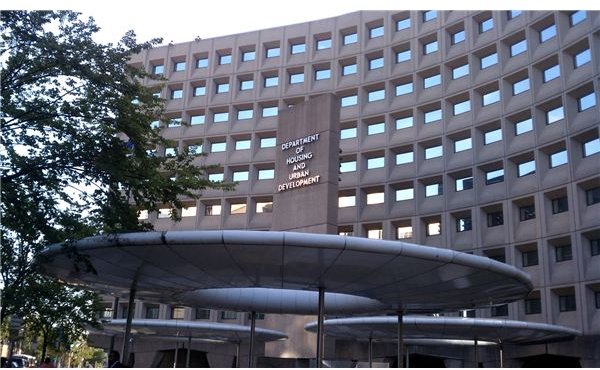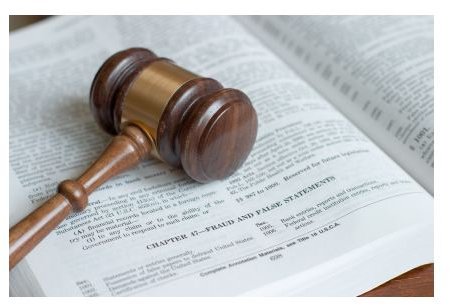What Is the Definition of Mortgage Fraud?
Mortgage Loan Fraud: Potential Parties to Fraud
While most of the conversations regarding mortgage loan fraud typically centers on banks who practice predatory lending, the definition of mortgage fraud is much more complex. There are numerous parties who may participate in fraudulent activities when it comes to home ownership. Here are some of them:
Home buyer - A home buyer may deliberately or accidentally commit mortgage fraud. When seeking mortgage services, some potential home buyers inflate their income in order to meet income guidelines. In some cases, this is done accidentally, though in other cases, this is done deliberately.
Home seller - The home seller may falsely inflate the value of their home when they list it for sale or they may work with the buyer to defraud a lender. Inflating the value of the home requires the cooperation of a property appraiser while defrauding the lender requires the cooperation of the home buyer.
Home appraiser - The home appraiser may work with the buyer or with a mortgage broker to inflate the value of a home. In these cases, the fraud may be perpetrated by the buyer, seller and appraiser.
Mortgage broker - A mortgage broker may work independently or in conjunction with a buyer, seller or appraiser to defraud a lender. In some cases they may be a party to fraud inadvertently while in other cases it may be done deliberately.
<strong>Mortgage underwriter</strong> - A mortgage underwriter may misrepresent a mortgage lender or applicant. They may commit fraud by providing a potential buyer with inaccurate information or they may forge documents that are provided to the lender.
Mortgage lender - A mortgage lender may overlook (or elect to ignore) documents which they believe to be incorrect. They may also overlook other warning signs including a home that has sold for more than the appraisal, a home that suddenly sold for higher than the original listing price after being on the market a long time, or by providing an inaccurate RESPA agreement to the buyer of the home.
Fannie Mae: Mortgage Fraud Warnings

Unfortunately, as more investigations are launched, mortgage fraud has surfaced as one of the most common types of financial fraud. According to Financial Crimes Enforcement Network, a division of the United States Department of the Treasury, there has been a substantial increase in mortgage fraud. Definition of mortgage fraud is most easily explained as any attempt to obtain a mortgage (that is the asset) for benefit of any single party. Any of the parties listed above may be a party to fraud. Warnings by Fannie Mae mortgage fraud specialists provide borrowers and lenders with information about what to look for when applying for a mortgage or accepting a mortgage application.
Not only does mortgage fraud cost anyone who potentially may apply for a mortgage, but it carries severe penalties as well. Parties who are found guilty of mortgage fraud should be prepared to risk their financial future as well as their freedom. Those who are purchasing a home are advised that a mortgage loan application does state the penalties for mortgage loan fraud. Signing the application indicates that the information provided on the application is accurate.
Resources
Sources:
- Housing Urban Development: Don’t be a Victim - https://www.hud.gov/offices/hsg/sfh/buying/loanfraud.cfm
- Financial Fraud Enforcement Task Force: Protect Yourself From Fraud - https://www.stopfraud.gov/protect-mortgage.html
Image Credits:
- Fraud: via istockphoto.com/csreed
- HUD: Creative Commons 3.0 Unported Via Wikimedia Commons/Tim1965
